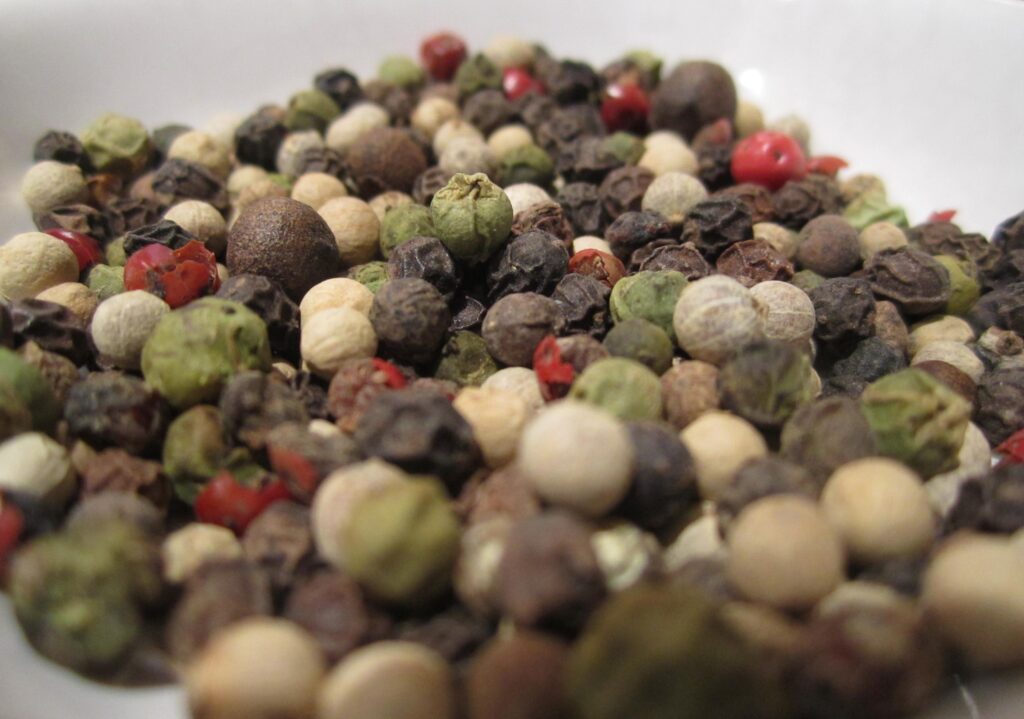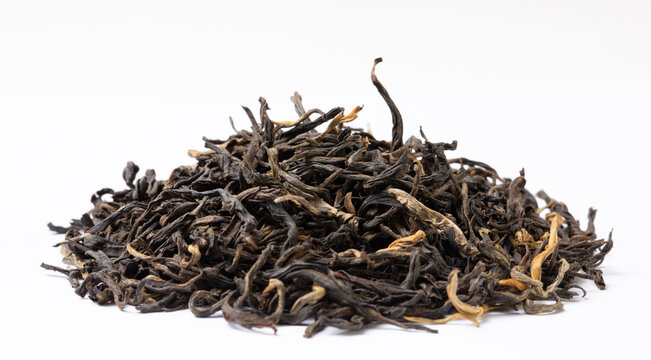Our professional dry cleaning pickup and delivery service is designed to simplify your life, offering you a hassle-free solution to maintain the pristine condition of your wardrobe without the need to leave the comfort of your home or office. This service not only saves you time but also ensures that your garments receive the highest level of care, extending their lifespan and keeping you looking sharp and presentable. One of the primary advantages of our pickup and delivery service is the sheer convenience it offers. No longer do you need to carve out time from your busy schedule to visit a dry cleaning establishment. With just a few clicks or a phone call, you can arrange for your clothes to be picked up at a time that suits you best. Our team understands the demands of modern life and strives to offer flexible scheduling options to accommodate your needs, whether it be early in the morning, during lunch breaks, or late in the evening. This flexibility allows you to focus on more important tasks, knowing that your garments are in capable hands.

We employ experienced professionals who are well-versed in handling a variety of fabrics and garment types. From delicate silks to robust woolens, each item is treated with the utmost care and attention to detail. Our state-of-the-art cleaning techniques and eco-friendly solvents ensure that your clothes are not only cleaned thoroughly but also maintained in excellent condition. Stains are meticulously treated, and special requests, such as the removal of odors or the application of fabric protectors, are given priority. This dedication to quality means that your clothes will return to you looking fresh, crisp, and ready to wear. Another significant benefit of our service is the reliability and efficiency it provides. We understand that timely delivery is crucial, especially when you need your garments for important events or daily use. Our streamlined processes and dedicated logistics team ensure that your clothes are returned to you promptly, often within 24 to 48 hours. Additionally, our online tracking system allows you to monitor the progress of your order in real-time, giving you peace of mind and assurance that your clothes will arrive when you need them.
Environmental responsibility is also a key aspect of our service. We are committed to adopting sustainable practices that minimize our ecological footprint. Our use of eco-friendly cleaning solvents, energy-efficient machinery, and recyclable packaging materials demonstrates our dedication to protecting the environment. By choosing our Dry Cleaners Near Me service, you are not only benefiting from high-quality dry cleaning but also contributing to a more sustainable future. In conclusion, our professional dry cleaning pickup and delivery service is the epitome of convenience, quality, and reliability. It eliminates the hassle of traditional dry cleaning, allowing you to enjoy more free time while ensuring that your garments are impeccably cared for. With our commitment to excellence and sustainability, you can trust that your clothes are in expert hands, returning to you in pristine condition, ready to make a statement. Embrace the ease and efficiency of our service and discover the difference it can make in your busy life.



